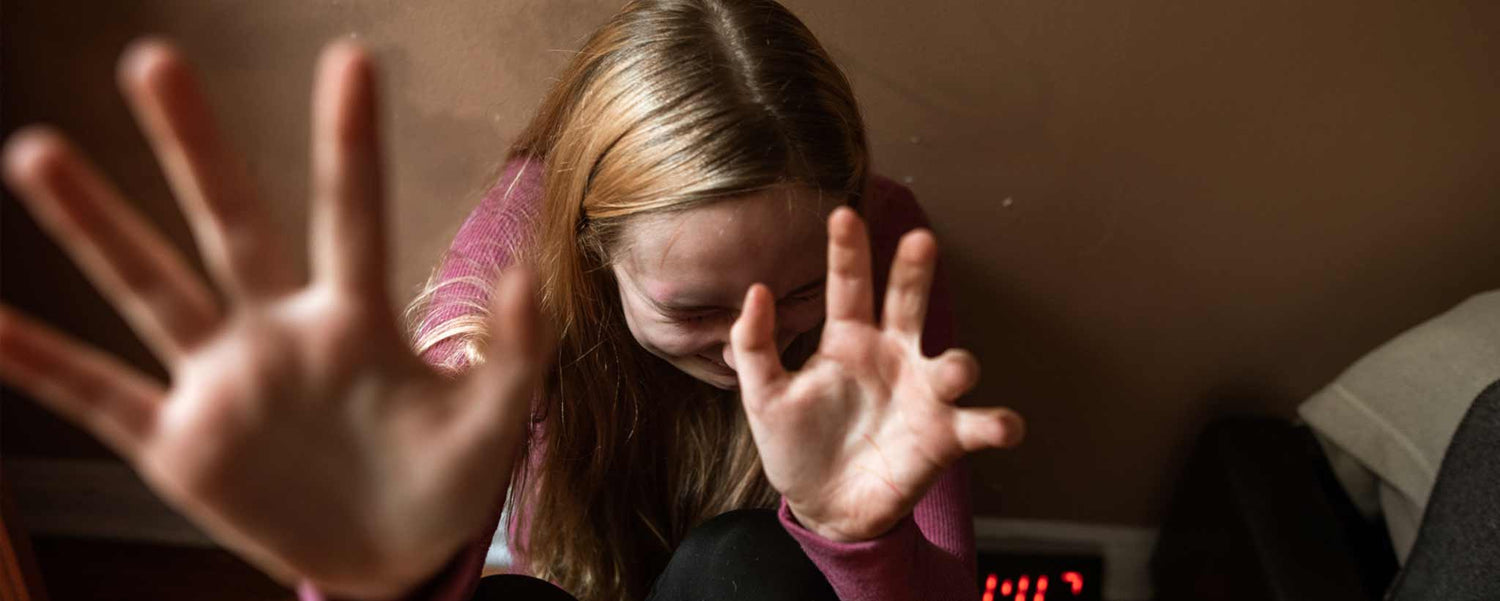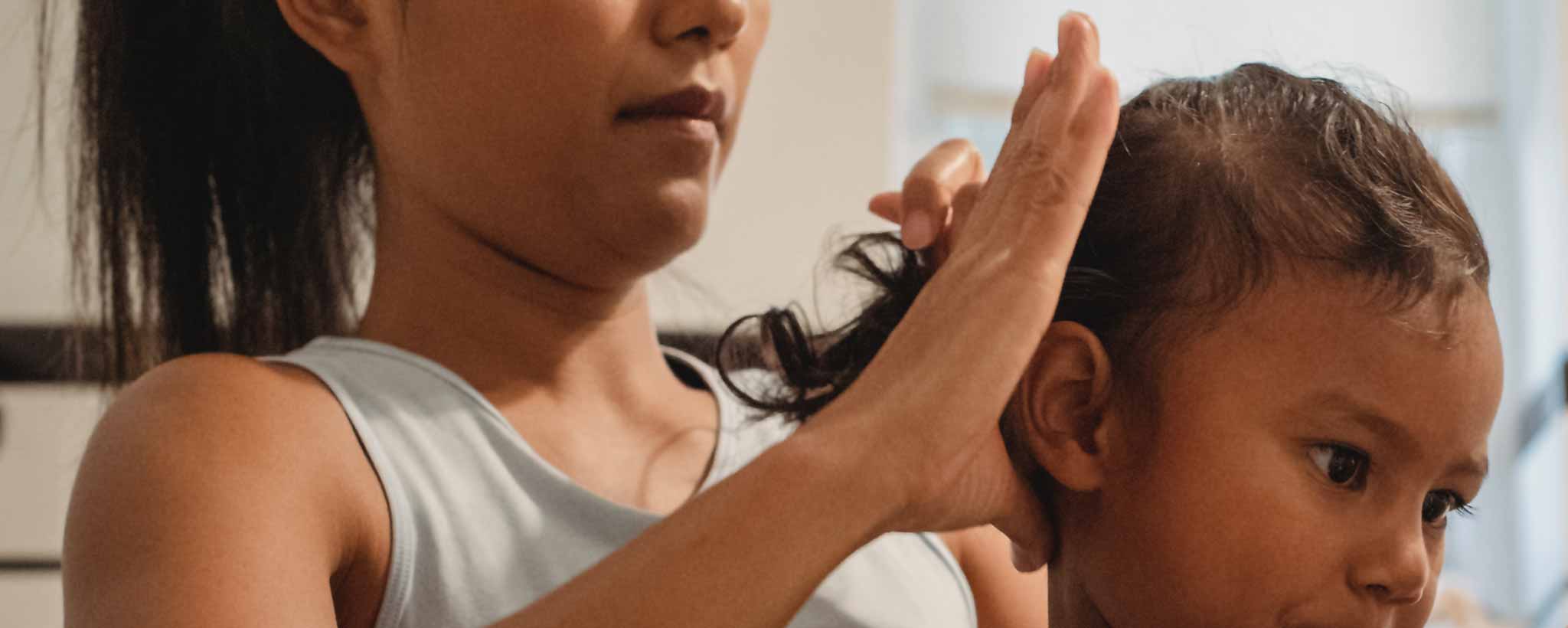Draw strength from the stories of men and women who overcome shackles of emotional obstacles to renew their lives.
Publish 17 August 2021
⚠️ Reader discretion: Includes abuse detail—a psychologist’s perspective.
What is Abuse?

Through mental manipulation, some people blame themselves. Others are not aware they are being abused. Abuse is characterized as any behavior that intentionally harms or injures another person. It may take several forms, ranging from disrespect to physical or mental distress caused by another. It can happen in someone’s home, a hospital, a care facility, or a public location.
The abusers are often members of the family, partners, or trusted friends. They themselves may have survived abuse that they now inflict upon someone else. Often, the people who commit abuse are taking advantage of a special relationship or circumstance. Some are empowered by a group of deviant peers, perhaps at fraternity parties.
Types of Abuse
There are different types of abuse that perpetrators use against their victims, most types overlap. Abuse includes physical, sexual, psychological, verbal, emotional, mental, financial, and spiritual cruelty. Some abusers barter for favors.
Get immediate health crisis help in USA
- Call 911 (or local emergency services)
- National Suicide Prevention Lifeline: 1‑800‑273‑TALK (8255) for English, 1‑888‑628‑9454 for Spanish, or Lifeline Crisis Chat.
- National Domestic Violence Hotline: 1‑800‑799‑7233 or text LOVEIS to 22522
- National Child Abuse Hotline: 1-800-4AChild or text 1‑800‑422‑4453
- National Sexual Assault Hotline: 1‑800‑656‑HOPE (4673) or Online Chat
- Veteran’s Crisis Line: 1‑800‑273‑TALK (8255) or Crisis Chat or text: 8388255
People Who Have Been Used, Abused, and Renewed
Real examples of people who have endured abuse will follow. Some details may be troubling to read. Focus on the strategies victims used to overcome someone else’s abusive behavior. The goal is that it may motivate you to also arise from an abusive situation.
Actors With Traumatic Pasts
Charlize Theron went through frequent physical and emotional abuse in childhood. Her mother also shot and killed her father. Theron found a mentor and became a successful actress.
Leighton Meester was born to a drug-smuggler in prison. Her father and sister were also imprisoned for drug exportation. Meester is now an American actress, singer, and model.
Tyler Perry is popular for his acting, screenwriting, producing, and movie directing. Yet, he recounts being bound and beaten with an extension cord as a child by his father. On his road to fame, Perry slept in his car.
Alice* suffered daily emotional and verbal abuse

“I was once in an emotionally abusive relationship. Jack’s charming personality changed once we moved in together. Before that I thought he was a nice guy. I hoped that this stage of manipulation would pass. But I was naive.
“Jack would ignore me when he walked through the front door—not even a hello. It was like I didn’t exist, except when he wanted something. When he did speak, things got worse.
“He didn’t know the meaning of a little bit of privacy. Jack was always looking through my things, questioning my activities, and interrogating me about my past. He constantly shamed me about my weight. Jack made unfavorable comparisons between me and his ex-wife. He called me names and his actions made me feel bad about everything.
“Falling in love doesn’t mean the guy is right for you. Any form of abuse should be taken very seriously. Eventually, I withdrew emotionally and kept everything to myself. This led to depression. At one time I didn’t know who I was anymore.”
How Alice renewed herself
“I learned to speak my mind and pointed out to Jack that I would not put up with this sort of abusive behavior for too much longer. I began activities to relax, like going for daily walks, meditation, and venting to a close friend about it. Talking to someone else helped me cope, because keeping everything inside could do damage. Even speaking to a family member can work wonders.
“The situation changed once I decided to end the relationship and promised myself to never look back. I’m pleased to say we broke up! Once Jack found out I started a new relationship, he came knocking on my door asking for a second chance. He even proposed, saying he had changed. But I knew his past actions could be repeated. So I said no.
“I made myself get stronger. I structured my pattern of thinking to not tolerate my partner’s manipulation and intimidation any longer. Writing my thoughts and feelings down on paper like a diary helped me develop strength.” Alice regained power after elevating on her own health and wellbeing, leaving an abusive relationship, and finding a loving partner.
Kayla physically and mentally abused

“My first husband was mentally and physically abusive. Brent also had a sexual addiction problem. I knew before we married about his family history of abuse. Once, before our marriage, he threatened to kill us both in the car. I thought Brent’s behavior would change after he moved away from his family. For a very short time, it did.
“Before I gave birth to our first child, Brent twice again threatened to kill us in the car. After I gave birth, his mental abuse of manipulation, questioning my fidelity, and stalking me escalated. After the birth of our second child, his sexual addiction was ignited and he began a series of affairs.
“Depression robbed me of my regular smile. It was like walking on eggshells, but I loved him. One day Brent belted me so hard that I lost partial hearing in one ear. And then he raped me. In the final futile weeks, I remained with him. Then I narrowly stopped Brent from a sexual advance on our daughter. In horror, I watched as he threw a knife at our son.”
How Kayla renewed herself
“I had a conversation with a psychologist who was a work colleague at the time. He encouraged me to understand that I had a lot to offer. And that I should no longer accept manipulation, physical abuse, and intimidation.”
“I spoke up for myself and pointed out that his behavior was intolerable. I began undertaking activities to relax, such as going to the gym, swimming, and learning meditation techniques. My children and I all survived and underwent counseling after I demanded my husband leave the house for good. One year later, I began divorce proceedings.
Kayla triumphed by raising her standards of acceptable behavior with the help of a patient counselor.
Nikki, child-abuse victim, later raped by boyfriend

“I had been seeing Arnold for just over three months. We both drank too much. One night, he got really mad at me. He called me a lot of names, and then shoved me against a wall. I was scared, but he said he was sorry and he’d never do it again.
“Another night, Arnold wanted to make love. I asked him to put on a condom. He said he didn’t have one. I told him to stop, and he wouldn’t. He said that it didn’t matter—not to worry about it. At first, I sort of laughed because I thought Arnold was joking. When I realized how serious he was, I got scared. I urged Arnold to stop but he wouldn’t. I pushed him away but he pushed me back and pinned me down with his large body. Arnold overpowered me and raped me.”
How Nikki renewed herself
“I had been abused as a child, and I had told Arnold about it. I was very depressed already, and I had been cutting myself. Things got worse after the rape. I tried to kill myself. I think I just wanted to cut myself badly and I cut too deep, and I ended up nearly dead. Arnold rushed me to the hospital.
“I started to get counseling and had to deal with all the childhood abuse. And also all the alcohol and drugs I had done. There were many people that I had slept with. And also I talked about how much I’d cut myself, and burn myself. I felt like I was going crazy and hated myself. All I could think about was killing myself.
“But getting counseling, a support group, and anti-depressants helped. I was screwed up and doing the best I could. I realized that I had to forgive myself for some things, that I wasn’t to blame. And I realized that I would have to continue forgiving myself for my mistakes.”
Nikki stopped the deadly spiral. With appropriate therapy, she could finally see light at the end of a dark tunnel.
Omar was physically and psychologically abused by a woman

“I met Diannese at University whilst doing research. After she broke up with her guy, she phoned me and I asked her out. At first, it was blissful. As the relationship wore on, we decided to get engaged. Soon, she began getting very upset about my clothes. Diannese would hurt me by regularly calling me names and saying I was ignorant.
“She got jealous when I phoned or visited my two male friends. I used to go out and have a pizza or drink with them before I met Diannese. She accused me of misconduct and looking at other women. When we went to fix up her flat, she belittled me and my capabilities. She would never admit that she’d be at fault. She physically struck me twice. In time I grew very weary of her. I was afraid and used to worry that while asleep she could hit or even kill me.”
How Omar renewed himself
“I bore through it with patience—at first submitting myself to the torture. As time passed, I saw her lack of love towards me. I made a decision and put my foot down. Once we broke off I passed through a traumatic period lasting 1–2 months. Oh God, it was difficult. I spoke to people who listened and searched the internet to understand why. I needed to convince myself that I was not the guilty one. Slowly I started regaining my self-confidence.
“The situation changed slowly at first. I got financially untangled from her and her family. Then I went out, and I returned to the things I used to do, this gave me value again, I felt important. I sought to help others through my experience. At times I would relapse and feel horrible, my pride was deeply shaken as was my faith, for which I had to struggle to hold on to it.
“My faith in God helped me first to forgive her for the hurts she had done to me. Then my friends and family supported me. I also sought counseling through a few priests who are my personal friends. Just listening and empathizing with these people helped me a lot. I went out and sought to reorganize my life. I set new goals. I prepared for the future. I took control of my life again. I wore the clothes she did not like and became myself again.”
By relying on his faith in God and the help of effective counselors, Omar elevated his self worth. He could see that his life, to which he returned, was happier than the one with an abusive partner.
Outlook
Anyone can become a victim of abuse—it’s no reflection of intelligence, strength, or worth. Those in the mental health field strive to be neutral as they help others come to proper conclusions. You can see a common pattern in the examples given. The longer you stay in an abusive relationship the worse it gets.
One person has no right to exercise control over another through abuse. Victims of abuse must know that the abuser is wrong and that the abuse is never their fault. Every person has the right to live an abuse-free life.
Enjoy more articles about women.
ClinicalPosters offers human anatomy charts, scientific posters, and other services that compliment articles about women. Slide extra posters into DeuPair Frames without removing from the wall.
Show your support by leaving an encouraging comment to keep the research going.
Support the writing of useful articles about women by exploring human anatomy charts, scientific posters, and other products online. You may sponsor specific articles.
ClinicalPosters provides human anatomy charts, scientific posters, and other products that compliment useful articles about women.
ClinicalPosters offers human anatomy charts, scientific posters, and other products online.
You can sponsor useful articles about women or donate to further research.
*Names have been changed to protect privacy. Some sentences have been edited for clarity.
Khadija Razzaq is a contributing author with a master’s degree in clinical psychology. Her views may not reflect those of ClinicalPosters or its editor.






 Romance & Health Intertwine. Fall in love with a captivating romance miniseries that explores the essence of well-being. Become a ClinicalNovellas member for heartwarming tales.
Romance & Health Intertwine. Fall in love with a captivating romance miniseries that explores the essence of well-being. Become a ClinicalNovellas member for heartwarming tales.




